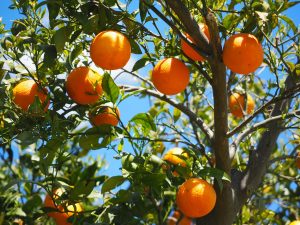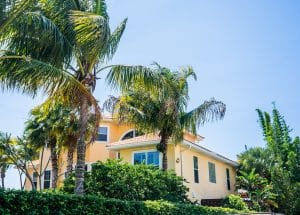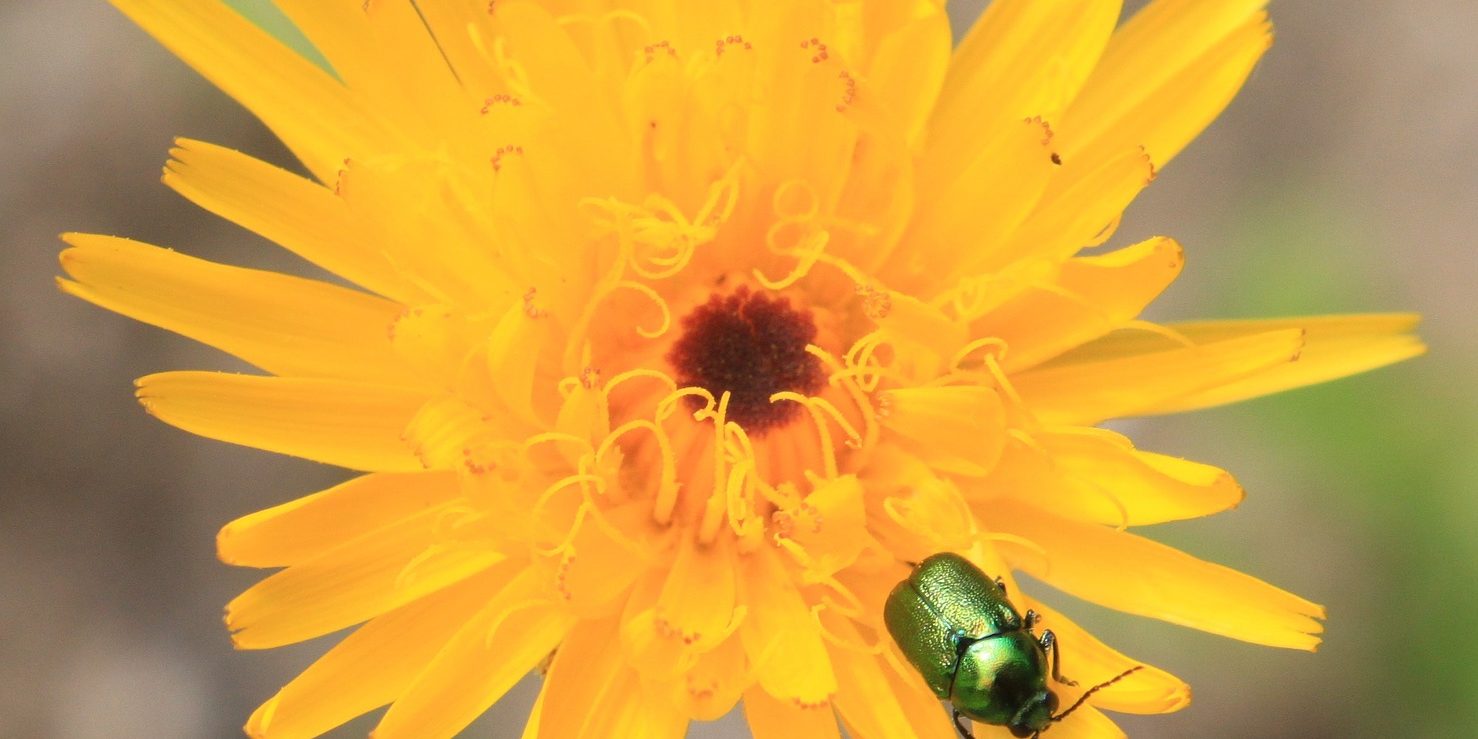Contents
hide
You may be wondering, “how are they safely killing insects without harming the environment?” Well, the truth is, we do this all year long. Here’s what we mean. This time of year, we slow down our insecticide use and utilize horticultural oils. Hort Oil, as we like to call it, has no insecticidal quality to it. You may often hear of home remedies for getting rid of insects on your plants using dish soap. The reason dish soap is effective at times, is due to the concentration of oils in the soap. Many of our insecticide formulations attack the nervous system of the target pest. Oils eliminate most landscape insects by smothering them. Applications of horticultural oil cover insects breathing holes (spiracles) and result in safely killing the insects and controlling them.
Periods below 80 degrees allow for the use of these materials. When the temperatures are above this mark, horticultural oil applications run a severe risk of burning plants. It’s as if you applied an oil to your skin and went outside to tan. The effects are intensified due to the exposure from the heat of the sun. Once the temperatures rise in the spring, we will stop using the hort oil and resume our safe use of insecticides.
For many of you who do not have us servicing your plants and trees, we are offering a one time $29 application to take care of the insects on your plants using our horticultural oils. Mention this newsletter when you call in to take advantage of the savings.
Citrus

We take pride in our palms

On another note, we have been looking at Bizmark, Pineapple & Sylvester palms in the area that are being destroyed by palm weevils. Once the damage is apparent, it is typically too late to salvage. If you have either of these 3 palm trees, we are highly recommending preventative treatments for these expensive trees. With 2 treatments per year, we feel confident these palms will be protected and you can be confident we are safely killing the pests.







